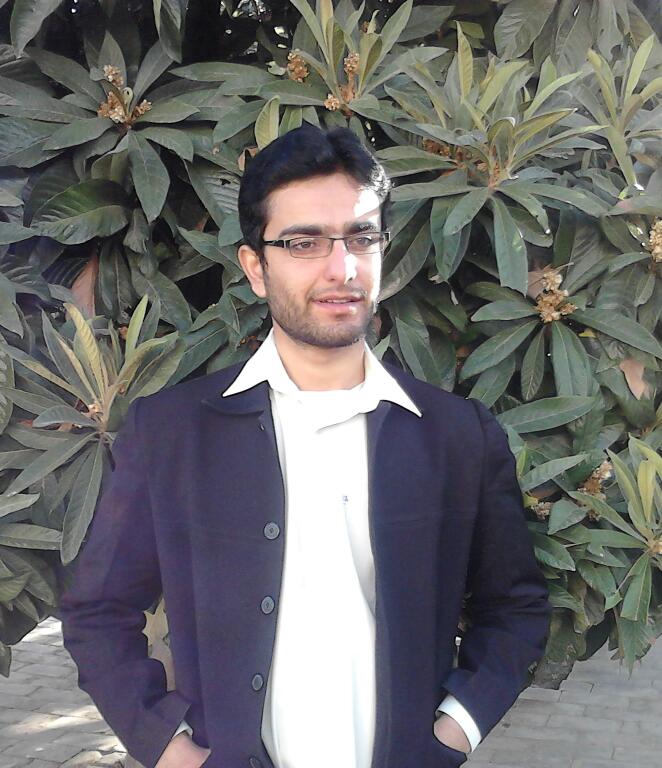In a move that has sent ripples across international diplomatic circles, Canada has expelled six Indian diplomats following allegations that the Indian intelligence agency, the Research and Analysis Wing (RAW), was involved in the assassination of a prominent Sikh leader on Canadian soil. This development has put India’s global image under intense scrutiny, raising questions about its ambitions to become a responsible global power. The allegations stem from the killing of Hardeep Singh Nijjar, a well-known Sikh activist advocating for an independent Sikh homeland—Khalistan. Nijjar was shot dead outside a Sikh temple in British Columbia, Canada, in June 2023, in what was widely seen as a politically motivated attack.
Nijjar’s assassination followed a series of similar killings of Sikh activists, many of whom were part of the global diaspora critical of the Indian government’s stance on Sikh separatism. Canadian authorities launched an investigation that quickly led to shocking allegations: RAW, India’s premier external intelligence agency, had orchestrated the assassination. The killing of Sikh activists is not an isolated event; rather there is a series of killings from the U.S to the UK and to Pakistan where the state officials have been coming to the media with scintillating details of India’s involvement in the killing of Sikh activists and Kashmiri leaders.
Canada’s decision to expel six Indian diplomats was not taken lightly. It reflects a growing conviction within the Canadian government that India’s interference in its domestic affairs, particularly through covert operations targeting dissidents, cannot be tolerated. Prime Minister Justin Trudeau, in an address to the nation, stated, “No country, regardless of its power or strategic importance, has the right to violate Canada’s sovereignty.” Trudeau’s remarks underscore the gravity of the situation and point to the potential unraveling of diplomatic relations between the two countries.
RAW’s involvement in covert operations abroad is not new, but its increasing boldness and reach have raised alarm in global security circles. Established in 1968, RAW was initially tasked with gathering intelligence on India’s neighbors, particularly Pakistan and China. Over the years, its mandate expanded, and so did its operational scope, reaching far beyond South Asia. In recent years, RAW has been implicated in a series of assassinations, surveillance operations, and disinformation campaigns targeting not only India’s traditional adversaries but also critics of the Indian government living abroad. Sikh activists, Kashmiri dissidents, and human rights campaigners worldwide.
What sets the Nijjar’s assassination apart, however, is the brazenness with which it was allegedly carried out. Conducting a high-profile assassination in a country like Canada, a G7 member and one of India’s key trading partners marks a significant escalation in RAW’s activities. It signals that India is willing to take extraordinary risks to eliminate what it perceives as existential threats to its national integrity, even if those threats are thousands of miles away. Despite the gravity of the allegations, the international community has largely remained silent.
Western nations, particularly the United States, the United Kingdom, and the European Union, have refrained from issuing strong condemnations of India’s actions. India is seen as a crucial counterbalance to China’s rising influence in the Indo-Pacific region. Its strategic importance in global geopolitics has only grown in recent years, especially as Western nations seek to reduce their dependence on China. Furthermore, India’s position as a major arms purchaser, particularly from the US, and its role as a leading provider of tech talent and services to Western economies has created a relationship that many Western governments are reluctant to jeopardize.
The fallout from the Canada-India diplomatic crisis poses a significant challenge to India’s aspirations of becoming a responsible global power. Over the past decade, India has worked to cultivate an image of itself as a rising global leader, committed to democracy, the rule of law, and peaceful coexistence. This image, however, is now under threat. India’s alleged involvement in extrajudicial killings abroad undermines its claims of moral leadership and respect for international norms. For a country that has often positioned itself as a voice for the Global South, championing the cause of non-interference in internal affairs, the revelations about RAW’s assassination risk alienating both its allies and potential partners.
Moreover, the incident casts doubt on India’s commitment to the principles of sovereignty and international law, principles it has long espoused, particularly in forums like the United Nations. The expulsion of Indian diplomats from Canada is likely to have far-reaching consequences for India’s relations with Western countries. While Canada is currently leading the charge in calling out India’s actions, other Western nations will be watching closely. If the allegations against RAW are substantiated, it could prompt a broader re-evaluation of India’s role in global politics. The United States and the United Kingdom, in particular, will face difficult choices. A failure to hold India accountable could lead to domestic political repercussions in these countries, particularly in constituencies with significant Sikh populations.
Canada’s decision to expel six Indian diplomats over allegations of RAW’s involvement in the assassination of a Sikh leader marks a turning point in India’s diplomatic relations with the West. The incident highlights the growing boldness of RAW’s covert operations and raises serious questions about India’s commitment to international norms. As the international community grapples with how to respond, the crisis will have lasting implications for India’s global ambitions and its relations with key Western allies.























